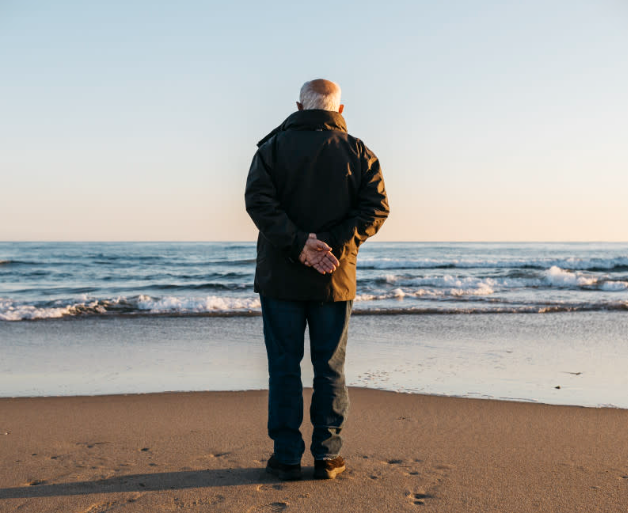
People Who Become Lonelier as They Get Older Usually Display These 10 Subtle Behaviors
10 Subtle Behaviors of Lonely People as They Get Older
Loneliness can be quiet. It rarely announces itself with dramatic signs—especially as people age. Instead, it tiptoes into daily routines, shows up in the smallest choices, and quietly influences how people interact with the world.
While some older adults may openly express feelings of isolation, many don’t. They might not even realize it themselves.
Here are 10 subtle behaviors that may suggest someone is feeling lonely as they grow older:
- Oversharing or Prolonging Conversations
Lonely people may cling to social interactions when they happen. Whether it’s a cashier, a delivery person, or a neighbor, they might prolong conversations or overshare personal stories just to feel a sense of connection.
- Increasing Attachment to Pets or Objects
While pets are wonderful companions, for some, the bond can become a substitute for deeper human connection. Similarly, older adults might form emotional attachments to items like old letters, knick-knacks, or clothing that represent memories and past relationships.
- Repeating the Same Stories
Repetition isn’t always about memory loss—it can be a subtle cry for engagement. Telling the same story over and over may be a way to revisit meaningful experiences or ensure someone is really listening.
- Avoiding Social Invitations
Ironically, loneliness can make people more reluctant to engage. Fear of rejection, exhaustion from small talk, or feeling out of place can cause older adults to politely decline social invites, even if they crave company.
- Becoming Overly Attached to Routines
Routines bring comfort, but for lonely individuals, they can become rigid. A set daily structure helps fill the time and maintain a sense of control, even if it means avoiding opportunities for spontaneous connection.
- Increased Social Media Use (or None at All)
Some lonely individuals turn to social media to feel connected, scrolling for hours or commenting frequently in an attempt to be seen. Others might avoid it entirely, feeling overwhelmed by the constant display of happy relationships and activities.
- Talking to Themselves or Imaginary Conversations
It’s not uncommon for lonely people to speak out loud when alone or imagine conversations they wish they could have. It’s a coping mechanism that offers brief moments of emotional release.
- Decline in Self-Care
Neglecting grooming, nutrition, or medical needs can be a sign of emotional withdrawal. When people don’t expect social interaction, they may stop seeing the point in dressing up or preparing proper meals.
- Watching the Same Shows or Listening to the Same Music Repeatedly
Repetition can bring comfort. Familiar shows or songs can feel like reliable companions. It’s not just nostalgia—it’s a form of emotional anchoring in an unpredictable, lonely world.
- Heightened Sensitivity to Rejection
Even minor social slights or changes in behavior from others can hit hard. Lonely individuals may become hypersensitive to perceived rejection or criticism, reinforcing their isolation.
Final Thoughts
Loneliness is complex and deeply human. It’s not always visible—but it’s very real.
Recognizing these small signals in ourselves or our loved ones is the first step in offering compassion, connection, and understanding. Sometimes, just being there—consistently and kindly—can make all the difference.
SECRETS, TIPS, TRICKS: Anti-Aging, Longevity, Rejuvenation, Age Reversal
😍 Aredconsult Lifestyle => Anti-Aging


